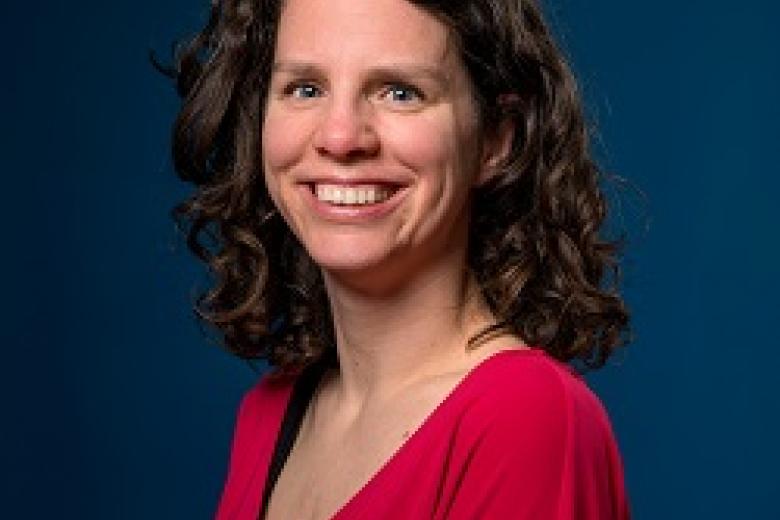Albert Scherpbier appointed CEO of Scannexus
Professor Albert Scherpbier has been appointed CEO of Scannexus as of 1 June 2016. He will head up the prestigious scanner lab, which features three ultra-high field MRI scanners of 3.0, 7.0 and 9.4 Tesla to facilitate the open access MRI diagnostics and neuroimaging research conducted by UM, Maastricht UMC+ and third parties.
Albert Scherpbier will combine this new assignment with his duties as dean of the Faculty of Health, Medicine and Life Sciences. The team and the Supervisory Board will work in close consultation to appoint a deputy director to oversee the daily management activities. Scherpbier succeeds Dr Ross McLennan, who served as CEO from the company's foundation in 2011 until June 2015. In the intervening period, Wim Bens took on the role of CEO on an interim basis, resulting in his temporary resignation from the Supervisory Board.
The new CEO will help Scannexus (formerly Brains Unlimited B.V.) reach the next stage of growth. The construction phase has since been completed, with the scanner facilities now fully operational and in use by UM and Maastricht UMC+ users. The first step in this new phase is to re-evaluate the strategic plan for the coming years, with a long-term investment agenda and a multi-year budget serving as important foundation points. This also includes attracting new strategic partners and facility users.
Scannexus is part of the Brightlands Maastricht Health Campus. The full-body, ultra high-field imaging platform is used by scientists, business developers and product developers to learn more about common illnesses such as Alzheimer's, Parkinson's, epilepsy, stroke, schizophrenia and MS, and to develop new diagnostic methods and protocols and gain insight into the development of human behaviour and decision-making processes.
Also read
-
PhD research shows impact of aggression on staff and patients in forensic care
Nienke Verstegen, researcher at De Forensische Zorgspecialisten, has conducted research on aggression within forensic care and its impact on patients and staff. On July 6, 2023, she will receive her PhD from Maastricht University with her dissertation 'Hurt people hurt people. Characteristics and...

-
No evidence of brain damage caused by severe COVID-19
Patients admitted to hospital due to a severe COVID-19 infection exhibit no evidence of brain damage caused by the disease. This is the conclusion of an extensive study led by Maastricht University.

-
Cold shivers?
Due to the Western lifestyle with a high fat diet combined with little exercise, more and more people in the Netherlands are overweight or even obese. This causes an increased risk of type II diabetes. What can be done about this besides a healthier lifestyle? The answer comes from an unexpected...
